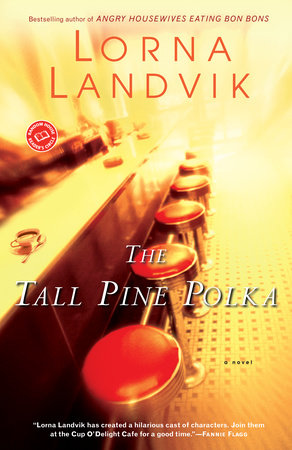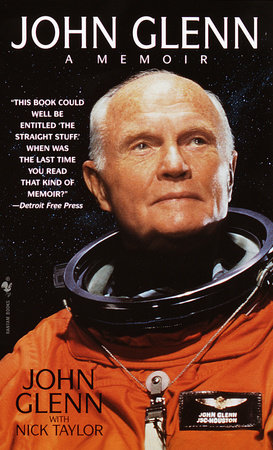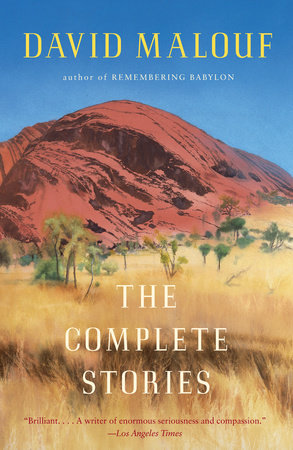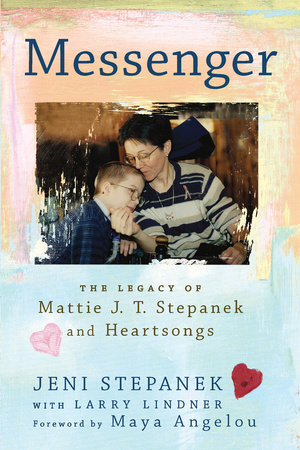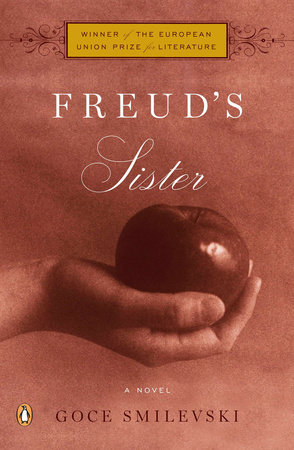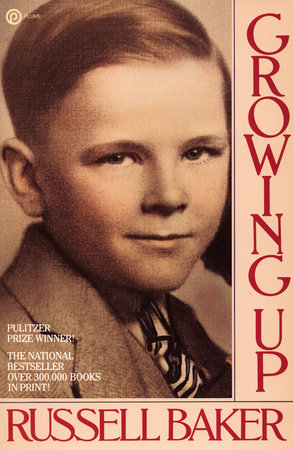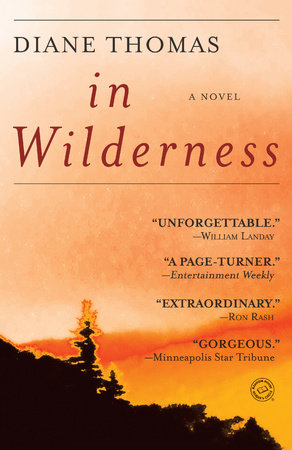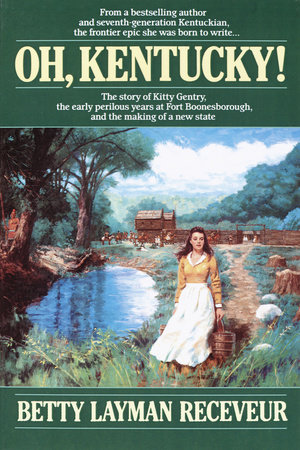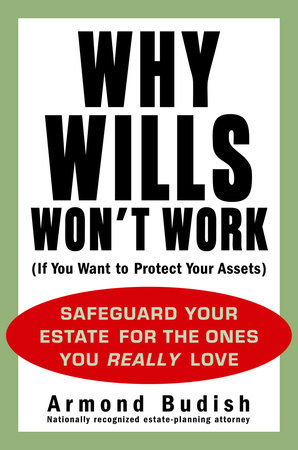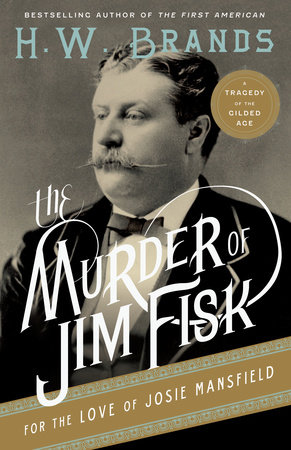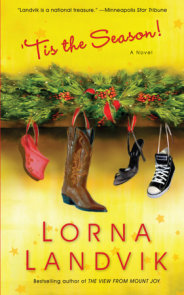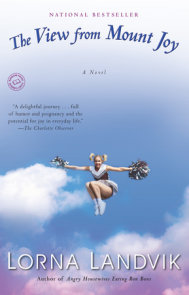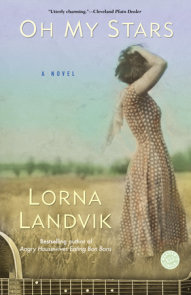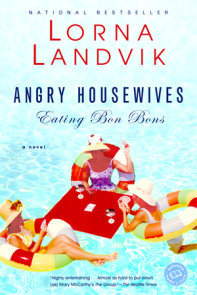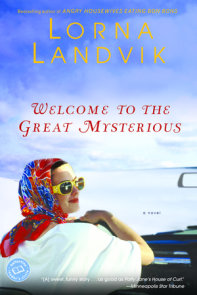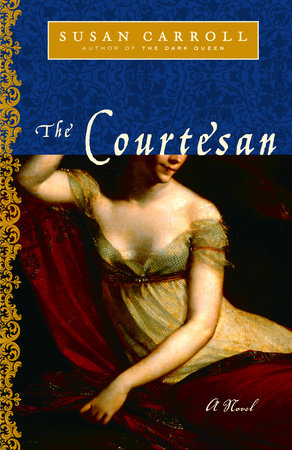Author Q&A
A Conversation with Lorna Landvik
Q: How did you begin this novel? Did a particular character come to you? Did you imagine the town first?
LL: As in the case of my other two books, the title came into my head and right on its tail, one or two of the main characters.
Q: How does the process of writing work for you?
LL: I try to write every day and if I’m at all blocked, I’ll take a nap or eat some dessert. At this stage, it’s still so much fun, I’m not blocked much. In that case, I find other excuses to eat dessert.
Q: Throughout this novel the best-laid plans seem to go awry. Did this novel end up as you envisioned it when you began writing?
LL: I really never have an ending when I begin writing. It’s a big process of discovery for me.
Q: How have your own life experiences–as an actress, comedian, mother, and so forth–shaped this novel?
LL: I lived in L.A. in my twenties, performing comedy and acting, and I know what a heapin’ helping of surrealism Hollywood serves up. I’ve seen people who I thought were out of their league succeed and people who I thought were wonderfully talented move back to their hometowns and take up dental hygiene. I wanted to write about the many paradoxes of Hollywood that I’ve seen. But motherhood has probably affected my writing the most in that it has opened up my heart.
Q: What inspired you to make the Hollywood invasion of a small town central to the action of this novel?
LL: I just thought it would be fun.
Q: How would you sell The Tall Pine Polka to potential book buyers?
LL: My husband’s a better salesman than I–he’ll corral people at bookstores and say, "Do you want to laugh and cry? Then read this book." I guess that’s how I’d sell this book.
Q: How do you go about crafting a distinct voice for each character?
LL: My characters are very nice to me and come into my head fairly well-formed. The little I don’t know about them, I discover as I write. Sometimes I’m afraid my characters might be a little over the top, but then I’ll meet a real, live person whose eccentricities make those of my characters pale. In fact, I think all of us are pretty eccentric in our own wonderful ways.
Q: Miss Fenk and Frau Katte are a truly captivating couple. What do you think is their secret to a successful relationship in the face of tremendous obstacles?
LL: They are true to each other and to themselves despite living in a society that would prefer them not to be what they are. Love is mighty, and real love can get a person through a lot.
Q: Female friendships, such as that between Fenny and Lee, seem to be at the heart of all your work. Why is this so?
LL: I’m such a fan of women and our ability to make strong friendships. My own friendships have meant a lot to me–in fact, this book is dedicated to my two best friends, one of whom I’ve known since the seventh grade.
Q: The characters in this novel seem haunted by their fears, from a fear of driving to a fear of loving. How did this thematic thread become so central?
LL: I didn’t know that it was a central thematic thread; I learn a great deal from my readers. But the longer I live, the more I learn about people and how they may have fears that I never even suspect. What impresses me is that I didn’t know that about them. They got over their fears; they prevailed. I like that bravery.
Q: Why does Pete work so hard to hide his thriving mailorder business from the rest of Tall Pine?
LL: He’s just so shy and unwilling to have any attention shone on him at all. He’s even more of an anticelebrity than Fenny.
Q: If Pete had had a chance to reveal his feelings to Lee, what do you imagine her response would have been?
LL: She would have been touched and embarrassed–all those things you feel when someone likes you in a way that you can’t reciprocate.
Q: You skillfully skewer artistic pretensions in this novel, perhaps most notably with the characters of Mary Gore and Christian Freed. Were these characters inspired by real people?
LL: Certainly I’ve met people who think art is always spelled in capital letters and that as "artists," they are a special breed. I think we’re all given our gifts and we should humbly and gratefully use them to bring all of us together rather than using them to separate us.
Q: I am sure your readers are curious about Fenny’s reluctance to embrace her celebrity. Why did you choose to make her such a reluctant star?
LL: Nowadays it doesn’t seem to matter what people are famous for–all that matters is the fame. Fenny knows herself well enough to realize that her life isn’t going to be made better by the adoration of people she doesn’t know, especially for acting.
Q: Fenny’s interviews with Marcy Mincus and Gerry Dale, which left both hosts incapacitated, are two of the most vivid and hilarious scenes in this novel. So please tell us what you really think about the media.
LL: I think the media is way too intrusive. We don’t need to see a victim of a house fire sobbing as family members are carried out. We don’t need to know that a president and his mistress play "Twister"! We don’t need all this titillation. Titillation is mind- and soulnumbing.
Q: Do you think small towns such as your fictional Tall Pine are a dying breed?
LL: I would love to think that small towns are flourishing, but it does seem that they are being abandoned. What I fear is the suburbanization of the entire country.
Q: Small towns such as Tall Pine seem increasingly dependent upon tourist dollars for survival. Where do you stand on the debate over development and the "quainting up" of small-town America?
LL: I don’t mind "quainting up" if it’s done by mom-and-pop businesses rather than franchises. I love doing book tours and visiting places I’ve never been, but I have been saddened to see that Elvis Presley Boulevard in Memphis looks a lot like Coon Rapids Boulevard in Minneapolis. I yearn for the return of one-of-a-kind places, in both big cities and small towns, that give you a real sense of place.
Q: Your author bio mentions that you temped at the Playboy Mansion–what was that like?
LL: The word "strange" comes to mind. I felt like Margaret Mead exploring a secret culture. I typed and catalogued videotapes there in opulent surroundings–a butler served us tea and cookies at 3 P.M.–but the opulence couldn’t erase the pervasive feeling that it was an icky place; women were being exploited.
Q: Did you always plan to become a novelist?
LL: As a first grader, I had a brief goal of becoming a baton twirler, but I think that I was more drawn to the fringed boots than the actual baton twirling. Since about sixth grade my career plans were very definite: I wanted to be a writer.
Q: What advice would you give writers struggling to get published?
LL: Persist! Believe in yourself and don’t let someone’s "no" be your final answer.
Q: What writers and works have most influenced you and why?
LL: Harper Lee, Anne Tyler, Jon Hassler, Amy Tan, Charles Dickens, Tom Wolfe, Michael Malone, Pat Conroy, John Irving–I prefer character-driven novels, especially when they take you on big, full rides.
Q: What would you like your readers to take away with them after finishing this novel?
LL: I would like them to be happy that they took this trip with me, glad to have met the characters. And it would be great if there were an afterglow, some lingering memories.
Q: Will we hear from any of these characters again?
LL: Who knows? My characters always let me know when they want a story told; if some of these people want to return, I’m sure they’ll harangue me until I let them out. Q: What is next for you? Are you working on a new project?
LL: More books and the once-a-year show I write so I can get on stage.
Q: And finally, I have to ask, what is the secret ingredient in a cup of O’Delight coffee?
LL: If I told you, it wouldn’t be a secret.
